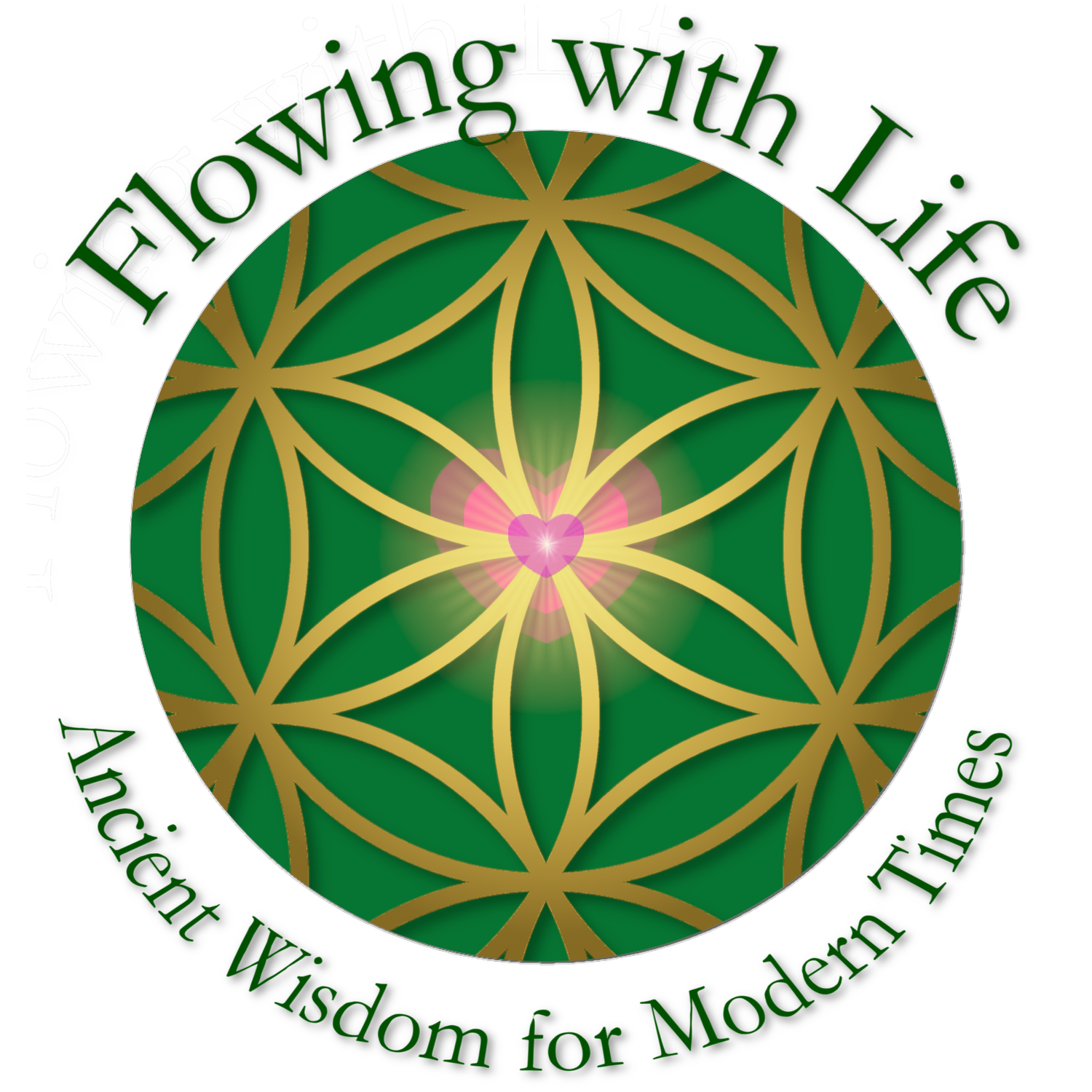Contributing to the Peace of the World
Have you ever noticed that peace doesn’t make the news? When a war ends, yes, we hear about it. But what about the every day experiences of peace that are a natural part of life. We don’t hear when there are no shootings. We don’t hear about people living in harmony. When a group of people come together to share the peace of the wild, the peace of meditation, the peace of prayer, isn’t this also news?
Maybe stories of peace don’t appear often in the for-profit press because we’ve learned as a species that scaring people is one way to get them to buy things. Fear comes with a rush of adrenaline and a search for something that might help us come back to our natural state of peace. We might hope that with more information, we can know what to do and how to help. But when that information leads to more fear, we can get stuck in a cycle of always being afraid, always worried that we are powerless, always looking to someone else to solve the problems we perceive and perhaps then getting angry with them when they don’t.
When we observe animals in the wild, they may suddenly sprint to get further away from perceived danger. Maybe you’ve seen this with rabbits or deer or birds. And once they feel safe again, they relax into their natural state of peace. Only when subjected to extended trauma do animals sometimes get stuck in a state of fear. The same applies to humans. So many of our social relations are grounded in trauma (aka oppression & inequality). The political is also personal.
In the opening to her profound meditation on healing from oppression, Ursula Le Guin’s story suite “Four Ways to Forgiveness” offers us this perspective:
“What would that world be, a world without war? It would be the real world. Peace was the true life, the life of working and learning and bringing up children to work and learn. War, which devoured work, learning, and children, was the denial of reality.”
If this is true, and perhaps we might agree that it is, we might choose to focus on what is real rather than on the denial of reality. We might choose to focus on peace in order to help contribute to the peace of the world. To help contribute to the healing of trauma, oppression and inequality.
Just to be clear, peace is not wishy washy. Peace is not being a doormat or a so called ‘peace maker’ who throws themselves under the bus to try to make those around them happy. In healing from these patterns that are the result of trauma, we find our power to speak, to act in the spirit of peace.
Martin Luther King, Jr. protesting peacefully for civil rights in Selma, Alabama.
For if we wish to live in the real world, in a world of peace, then peace is also the practice by which we come to that awareness. As Martin Luther King Jr. once said, “Peace is not merely a distant goal that we seek, but a means by which we arrive at that goal.”
To stay in peace takes a great steadiness of mind, an ability to focus and relax, and the strength to accept insults as not being personal. When we are not in peace, we are open to manipulation. When we are not in peace, others who know how to push our buttons through threats or rewards can get us to do what they want. If we wish to live in a real democracy, where leadership comes from the people, then we cannot be open to manipulation. We need to learn how to be at peace.
Every moment of peace we experience is part of the practice. It is a contribution to the peace of the world. So, too, is learning to not manipulate others. Perhaps we can forgive ourselves for the survival strategies we learned in an unequal society – different ways of enticing or demanding from others what we think we need to live. With practice, we can learn to relate freely as equals. To share in the common goods of life. To love our neighbours and to love ourselves.
Originally published in Bella Caledonia




